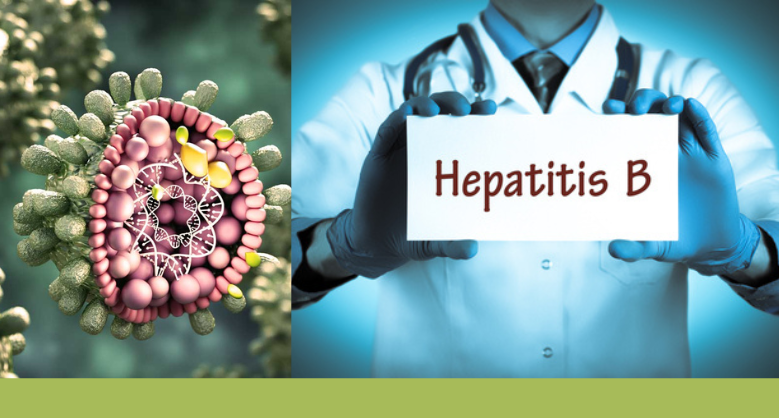Hepatitis B

- 23 Mar 2024
Why is it in the News?
Public knowledge and awareness about Hepatitis B, a deadly disease that can cause end-stage liver cirrhosis and liver cancer, is dismal in India, according to a new study conducted by Sir Ganga Ram Hospital, New Delhi.
What is Hepatitis B?
- It is a severe liver infection that can lead to liver damage, cancer, and death.
- The virus spreads through contact with an infected person's blood or bodily fluids.
- One can get hepatitis B through sexual contact, sharing needles or other drug-injection equipment, or from mother to child during childbirth.
Symptoms of Hepatitis B:
- Hepatitis B is a severe viral infection of the liver that can cause inflammation and scarring.
- Symptoms include fatigue, fever, abdominal pain, dark urine, joint pain, and jaundice.
Causes of Hepatitis B:
- Hepatitis B is caused by the hepatitis B virus (HBV).
- HBV is found in the blood and body fluids of an infected person. It can spread through contact with fluids, such as:
- Blood, through needle sharing or accidental needle sticks
- Contact with body fluids, such as saliva, etc.
- Sexual contact with someone who has HBV
- From a mother to a child through childbirth
- Hepatitis B can also spread through contact with contaminated surfaces, such as:
- Sharing personal items like toothbrushes or razors with someone who has HBV
- Getting a tattoo or body piercing with contaminated equipment
Types of Hepatitis B:
- There are three main types of hepatitis B: acute, chronic, and carriers.
- Acute hepatitis B is a short-term illness that occurs within the first six months after exposure to the virus. It is the most common type of hepatitis B in children.
- Chronic hepatitis B is a long-term illness that can lead to serious health problems, including liver failure and liver cancer.
- Carriers of hepatitis B have the virus in their blood but do not show any symptoms.
Treatment for Hepatitis B
- Several medications can help treat hepatitis B.
- These include antiviral drugs, which can help reduce the amount of virus in the body, and immunomodulators, which can help boost the immune system to better fight the virus.
- If the liver is damaged, one may also need medication to help protect it from further damage.
- HBIG (Hepatitis B Immuno Globulin) is one of the best ways to treat hepatitis B.
- Adults who have been exposed to hepatitis should get HBIG and vaccination as soon as possible, preferably within 24 hours but not later than 14 days after the exposure.
Prevention of Hepatitis B:
- The best way to prevent hepatitis B is to get vaccinated.
- The vaccine is given as a series of shots.
- The first shot is usually given at birth; the rest at 1–2 months old, 6–18 months old, and 4–6 years old.
- If one was not vaccinated as a child, they can receive the vaccines as an adult.
